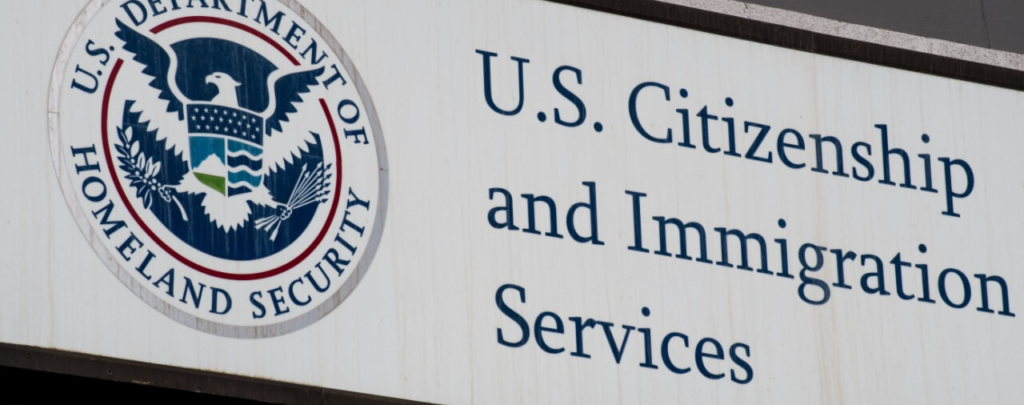The Board of Immigration Appeals (BIA) has unequivocally held an alien who entered the United States on a K-4 non-immigrant visa can “only adjust his or her status to that of a lawful permanent resident based on the Petition for Alien Relative (Form I-130) filed by the United States citizen K visa petitioner.” Matter of Jean Ro Saclolo Valenzuela, 25 I&N Dec. 867 (BIA 2012). In the Matter of Jean Ro Saclolo Valenzuela, the respondent’s mother married a United States citizen who petitioned for both the respondent and her mother to receive K non-immigrant visas. Id. at 868. The respondent was issued a K-4 non-immigrant visa, which she used to enter the United States on December 28, 2003. Id. She was authorized to remain in the United States until December 27, 2005. Id.
On May 2, 2007, the respondent’s mother adjusted her status adjusted her status to a lawful permanent resident (LPR) based upon her marriage to the K non-immigrant visa petitioner. Id. The respondent’s Form I-130 filed by the K non-immigrant visa petitioner was denied as the respondent failed to appear for an interview. Id. The respondent subsequently married and sought adjustment of status through her marriage. Id. Though the respondent’s Form I-130 had been approved by the Bureau of U.S. Citizenship and Immigration Services (USCIS), the Immigration Judge (IJ) denied her application for adjustment of status. Id. The IJ found the respondent was “ineligible to adjust her status on any basis other than the Form I-130 filed by the K visa petitioner.” Id.
The respondent appealed to the BIA arguing she was eligible to adjust her status based upon her marriage to a United States citizen despite entering the United States with a K-4 non-immigrant visa, because the statutory language of Immigration and Nationality Act (INA) §245(d) was ambiguous. Id. at 869. Pursuant to INA §245(d)
[t]he Attorney General may not adjust [ ] the status of an alien lawfully admitted to the United States for permanent residence on a conditional basis under section 216 of this title. The Attorney General may not adjust, under subsection (a) of this section, the status of a nonimmigrant alien described in section 101(a)(15)(K) of this title except to that of an alien lawfully admitted to the United States on a conditional basis under section 216 of this title as a result of the marriage of the nonimmigrant (or, in the case of a minor child, the parent) to the citizen who filed the petition to accord that alien’s nonimmigrant status under section 101(a)(15)(K) of this title.
INA §245(d). On appeal, the respondent argued the statute only referenced the primary K non-immigrant visa beneficiary. The respondent argued “as long as the principal beneficiary of the K-1 or K-3 visa petition adjusted his or her status in compliance with section 245(d), a derivative beneficiary of the K-1 or K-3 visa holder may adjust status on any valid basis.” Id.
However, the BIA found the language of INA §245(d) was not ambiguous as it “expressly includes ‘the minor children’ of a principal beneficiary.” Id. Thus, INA §245(d) “applies to any K visa holder, whether a principal beneficiary or a derivative.” Id. While the BIA has previously identified ambiguities in INA §245(d), it has repeatedly found “the language in section 245(d) of the Act is unambiguous to the extent that it clearly precludes a [K visa holder] from adjusting status on any basis other than marriage to the K visa petitioner.” Id. at 870 citing Matter of Sesay, 25 I&N Dec. 431, 433 (BIA 2011). See also Matter of Le, 25 I&N Dec. 541 (BIA 2011).
The respondent further argued “the restrictions on adjusting status apply only to the principal beneficiary of the K visa petition, and that once the principal beneficiary has adjusted status based on his or her marriage to the K visa petitioner, the restrictions are ‘lifted’ as to any derivative beneficiaries.” Id. However, such an interpretation of the statute would place the K non-immigrant visa derivative beneficiary in a better position than the K non-immigrant visa principal. Id. Though Congress’ goal through the Immigration Marriage Fraud Amendments Act of 1986 to combat marriage fraud would be achieved “once the K-3 nonimmigrant adjusts status based on a bona fide marriage to the K visa petitioner”, Id., it nonetheless opted to create “a broad prohibition on the adjustment of status of K visa holders on any basis other than the marriage between the K visa petitioner and the principal K visa beneficiary.” Id. at 870-871. See also INA §245(d). The express intent of Congress was to limit all K non-immigrant visa holders to adjustment of status based upon the K visa petitioner and the principal K visa holder. Id. at 871.





